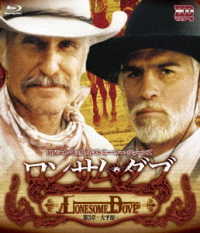- ホーム
- > 洋書
- > ドイツ書
- > Humanities, Arts & Music
- > Linguistics
- > romanic linguistics
Full Description
This book investigates the spaces of interaction between Portuguese and Brazilian modernists—specifically Oswald de Andrade, Augusto de Campos and Haroldo de Campos, Ronald de Carvalho, António Ferro, Fernando Pessoa, Mário de Sá-Carneiro—and their interpretation of nation. Most importantly, the way in which their work echoes and transfigures the Ulysses myth, to be termed Portuguese Ulyssism by Brazilian Gilberto Freyre in his reading of Luís Vaz de Camões's epic poem The Lusiads, is analyzed, underlining the presence of a postcolonial Ulysses in the Lusophone world. The trope of the shipwreck is central to the creative production of these Atlantic modernists who, outside of their respective national literatures, interact beyond the territories of nation-states through texts on exile, national identity, and colonialism.
In addition to the renowned The Lusiads, the texts studied include two issues of the Luso-Brazilian quarterly Orpheu (1915) and António Ferro's contributions to Brazil's Klaxon (1922, in celebration of the centenary of Brazil's political independence from Portugal); Oswald de Andrade's Anthropophagic Manifesto (1928) and an unpublished letter to Ferro; Fernando Pessoa's poem "Ulysses" in Message (1934); and Haroldo de Campos's Galaxies (1984) and "Finismundo: The Last Voyage" (1997). In A Postcolonial Ulysses in the Lusophone World, relocations and transfigurations of the Ulysses myth inform a dialogue between the modernists of Portugal and Brazil through texts on exile, national identity, and colonialism.
Contents
Introduction - A Mute Hero Called Ulysses and the Nation in Modernity - Fernando Pessoa's Heteronyms: A Nationhood of 'Invisible Translators' - Brazilian Modernists, Portuguese Modernists, and Their Spaces of Interaction - The Anthropophagic Agenda of Modernism in the Work of Haroldo and Augusto de Campos: A Translational Ulyssism in 'Finismundo: a última viagem/Finismundo: The Last Voyage' and Galáxias/Galaxies - Conclusion - Bibliography.







